Supporting the Forest Science Community in Economically Disadvantaged Countries
An Interview with Michael Kleine and Janice Burns, Coordinator and Deputy Coordinator, respectively, of IUFRO’s Special Programme for Development of Capacities (IUFRO-SPDC)
https://www.iufro.org/science/special/spdc/
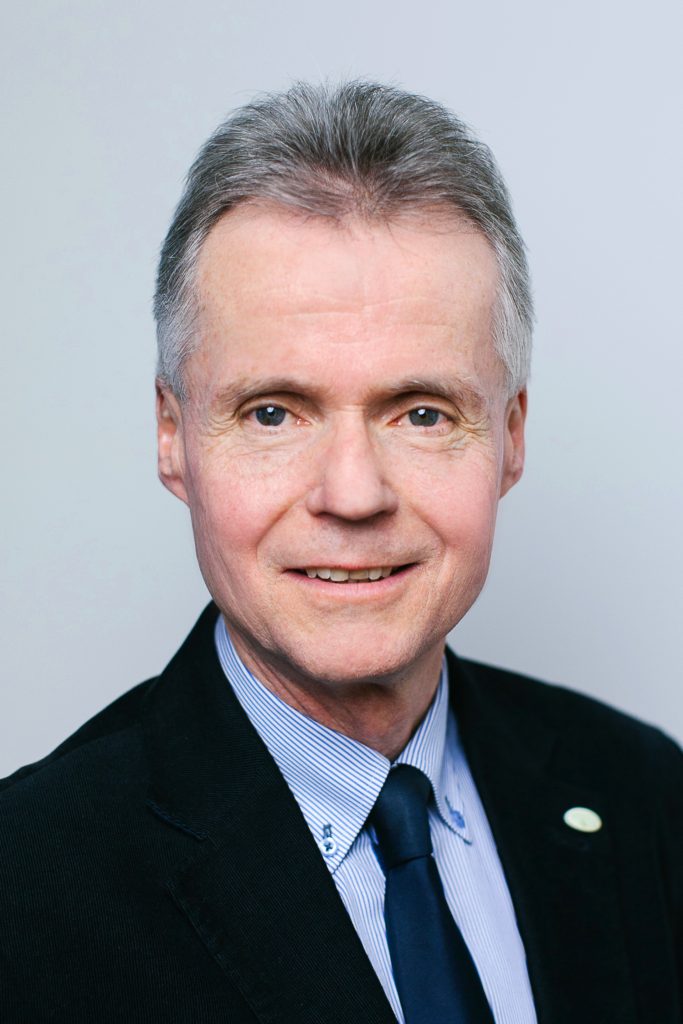
Michael Kleine has been the Coordinator of IUFRO-SPDC since 2001 and Deputy Executive Director of IUFRO since 2010. He is a forestry graduate of the University of Natural Resources and Applied Life Sciences (BOKU), Vienna, Austria, from where he also obtained his doctoral degree and habilitation in Silviculture. During his career he has participated in natural forest research and management, and rural development through residential assignments in Austria, Pakistan and Malaysia. He also worked as free-lance forestry consultant for the German Development Agency GIZ, the FAO and the European Commission among others in Asia and Central America.
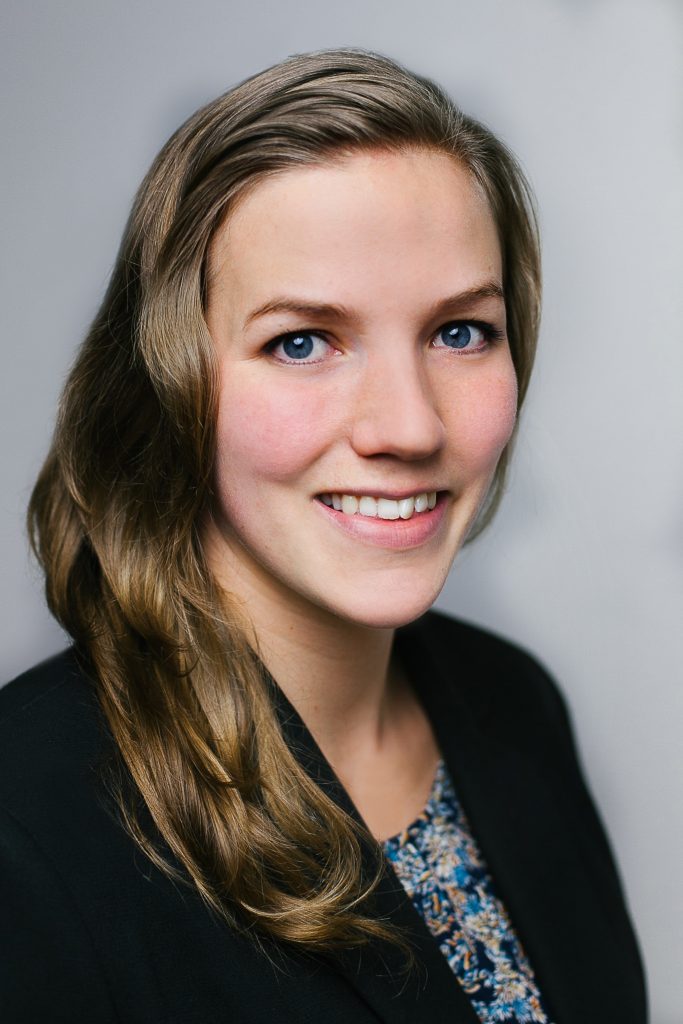
Janice Burns, Deputy Coordinator of IUFRO-SPDC and Thematic Networking Manager, has experience in various regions of the world with specializations ranging from forest landscape restoration and forest education to remote sensing and fire management. She formerly held roles as a professional wildland firefighter and aviation coordinator in Canada and Deputy Coordinator of the Joint IUFRO-IFSA Task Force on Forest Education. She holds a joint master’s degree in European Forestry from the University of Eastern Finland and AgroParisTech, France, and a bachelor’s degree in Forest Resources Management from the University of British Columbia, Canada.
The mission of the Special Programme for Development of Capacities – formerly called Special Programme for Developing Countries – is “to expand and foster forest research capacity in economically disadvantaged countries”. Why is this important?
Many countries continue to be confronted with serious problems associated with poverty, food insecurity, unemployment, inequitable access to resources and education, and also struggle with environmental degradation. Supporting forest research capacity of individual scientists and institutions in economically disadvantaged countries contributes to alleviating this situation and realizing the potential of forests and trees to provide multiple social, ecological and economic benefits.
Training workshops and support for scientific exchange, for example through collaborative research and networking activities, can help to generate and apply knowledge, methods, and tools that make for effective work at the interface of forest science, practice, and policy. In this way, forest scientists and institutions in economically disadvantaged regions are enabled to play a more impactful role in achieving overall sustainable development.
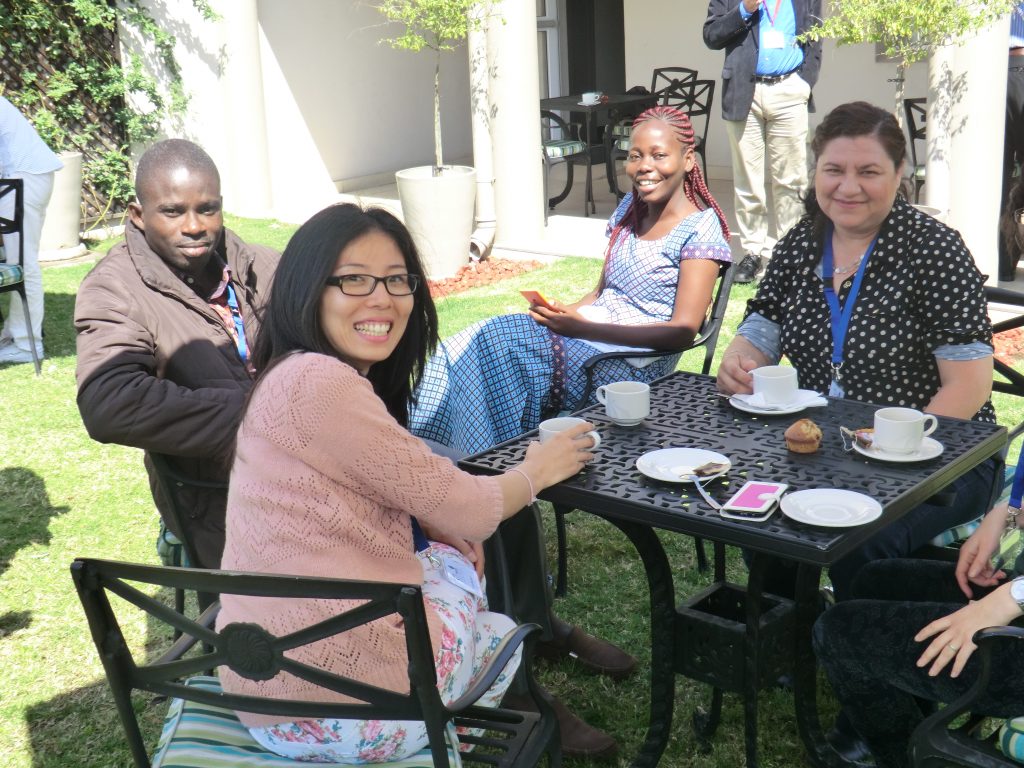
Training workshops are one of the main building blocks to fulfil the mission of IUFRO-SPDC. What sort of skills do workshop participants acquire and how?
Participants acquire two key sorts of skills: i) to produce high quality research, and ii) to increase its impact on policy and practice. For example, our workshop on systematic evidence evaluation focuses on skills such as: framing policy and research questions; literature searching; data analysis; data visualization; and transparent reporting of research. Other workshops focus on research proposal writing or working effectively at the interface of forest science and policy.
Workshops are delivered either online or organized as physical events always including a combination of lectures, videos, breakout sessions for group work, quizzes and polls, and usually end with presentations by participants in working groups. Overall, these workshops are appreciated for providing enhanced networking opportunities, inter-personal, and language skills development and for establishing professional connections among international peers, leading – more often than not – to lasting friendships.
How has the current pandemic affected the organization of training workshops and other IUFRO-SPDC activities? Can you give recent examples?
Training workshops have shifted from in-person meetings mostly of 3–4-day duration to a variety of online meetings of varying length and content. We’ve hosted activities to match a range of schedules and interests from intensive one-week courses with daily sessions, such as systematic evidence evaluation, to longer series of national or regional trainings on forest landscape restoration with content tailored to the local context and hosted in weekly sessions in Malawi, Sri Lanka, Latin America, and the South Pacific.
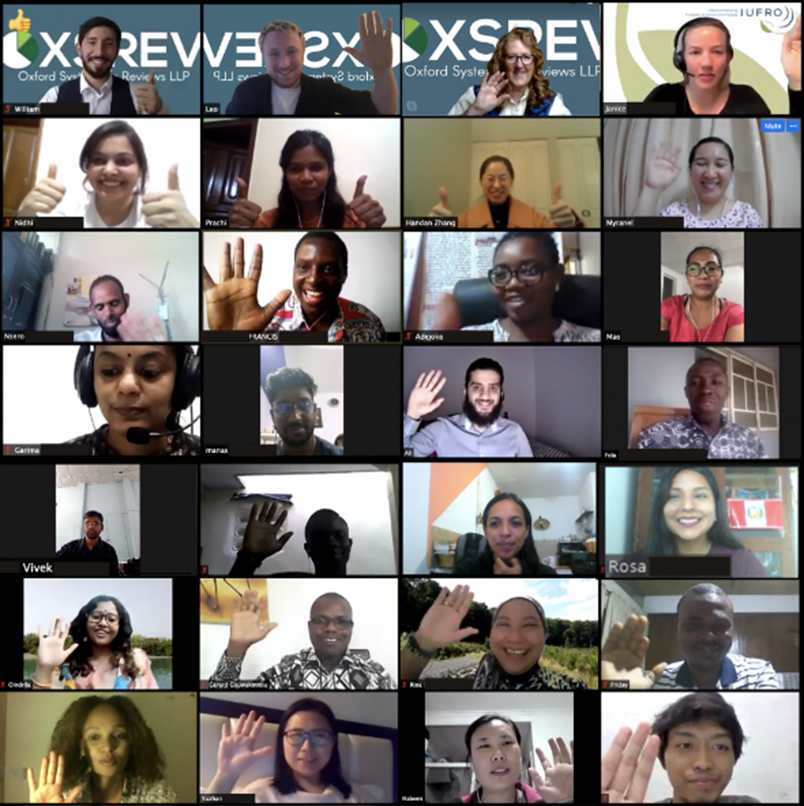
What is the purpose of thematic networking activities? Who are the target audiences and what are the main topics that are currently being addressed?
Thematic networking activities bring people together to exchange knowledge, debate and scale-up solutions, and thus help to fast-track actions on the ground. Restoring forest and tree-based ecosystems within the context of larger landscapes is a main topic and demands all types of expertise. We tackle complex global issues by taking an interdisciplinary approach to optimize outcomes for society.
A new model of thematic networking integrating in-person and online communities has emerged with GLF (Global Landscapes Forum) Chapters. We supported the initiation of a Chapter in Lilongwe, Malawi, in 2021. The model is working well so we plan to do something similar in Guatemala in 2022.
Capacity development and thematic networking activities often lead to published products. Can you give one or two examples and/or provide a sneak preview of upcoming publications?
A major scientific analyses of forest landscapes was implemented in 2019 as a thematic networking project across three continents and led to the publication of various individual country reports and a synthesis report in 2020. This prompted further investigation into the topic of governance–one of the key issues highlighted in the report. The findings of the follow-up study were just published in IUFRO Occasional Paper No. 34 “Governance of Forest Landscape Restoration: Selected Case Studies from Ghana and India”.
IUFRO-SPDC is also well known for its Scientist Assistance Programme (SAP), which aims to enable researchers from economically disadvantaged regions to participate in IUFRO events, including the IUFRO World Congress. How successful has this program been so far, also with a view to involving more scientists from these regions in IUFRO activities in the long term?
This program has been a major success in broadening geographic representation in IUFRO’s many conferences. Over the past 20 years IUFRO-SPDC has mobilized funding to support participation in IUFRO meetings of an average of 100 forest scientists per year. SAP support covers air travel to the venue, accommodation, subsistence and the conference registration fees.
At the XXV World Congress in Brazil we sponsored 103 participants from 45 countries. Gender balance was achieved by allocating 54% of the SAP sponsorships to female and 46% to male scientists. In terms of regional participation, around 40% of scientists came from Latin America while 30% each from Africa and Asia.
Obviously, sufficient funds are needed for all these activities to be successful. Why should donors invest in IUFRO-SPDC?
IUFRO-SPDC offers a systematic approach to increase capacity in economically disadvantaged countries with a long-term vision and diverse support base. Operating since 1983 we have proven experience working with local IUFRO members and their scientists. We support locally designed initiatives that are aligned with global goals and achieve long-term impacts and community ownership. With this bottom-up approach, IUFRO-SPDC contributes to shaping human resources needed for the kind of sustainable development sought-after by most donor agencies.
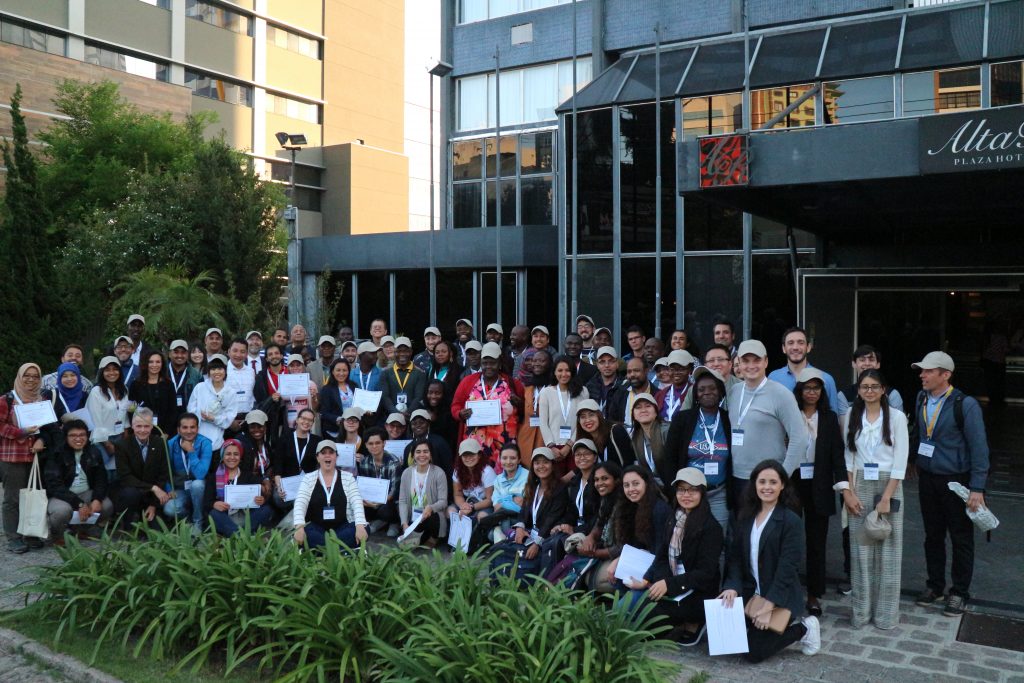
What are your hopes, plans and expectations for the future of IUFRO-SPDC? Are there any activities in the immediate future that you would like to highlight?
We hope that IUFRO-SPDC will continue providing capacity building services at least at the same level as in the past. However, new ways of interacting – e.g., online mode – will have a significant impact on the way IUFRO-SPDC programs will be implemented in the future. We hope to utilize these opportunities and become more inclusive so that the forest science community working under less privileged conditions will benefit more. Plans for the immediate future include:
- expanding the currently ongoing forest landscape restoration mentorship program in Malawi and Sri Lanka, which combines training of scientists and field practitioners, to include other countries;
- production of training material in local languages; and
- updating current training modules to reflect latest developments in technology.
Overall, IUFRO-SPDC will continue to play its role in supporting the implementation of the IUFRO strategy, especially contributing to inclusion, diversity, and research excellence.
Thank you for the interview!
This interview was first published in IUFRO News 1, 2022: https://www.iufro.org/publications/news/electronic-news/io-news-2201/#c33664

Leave a Reply